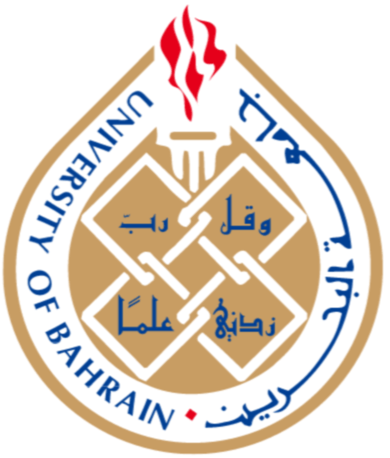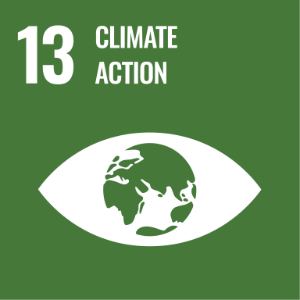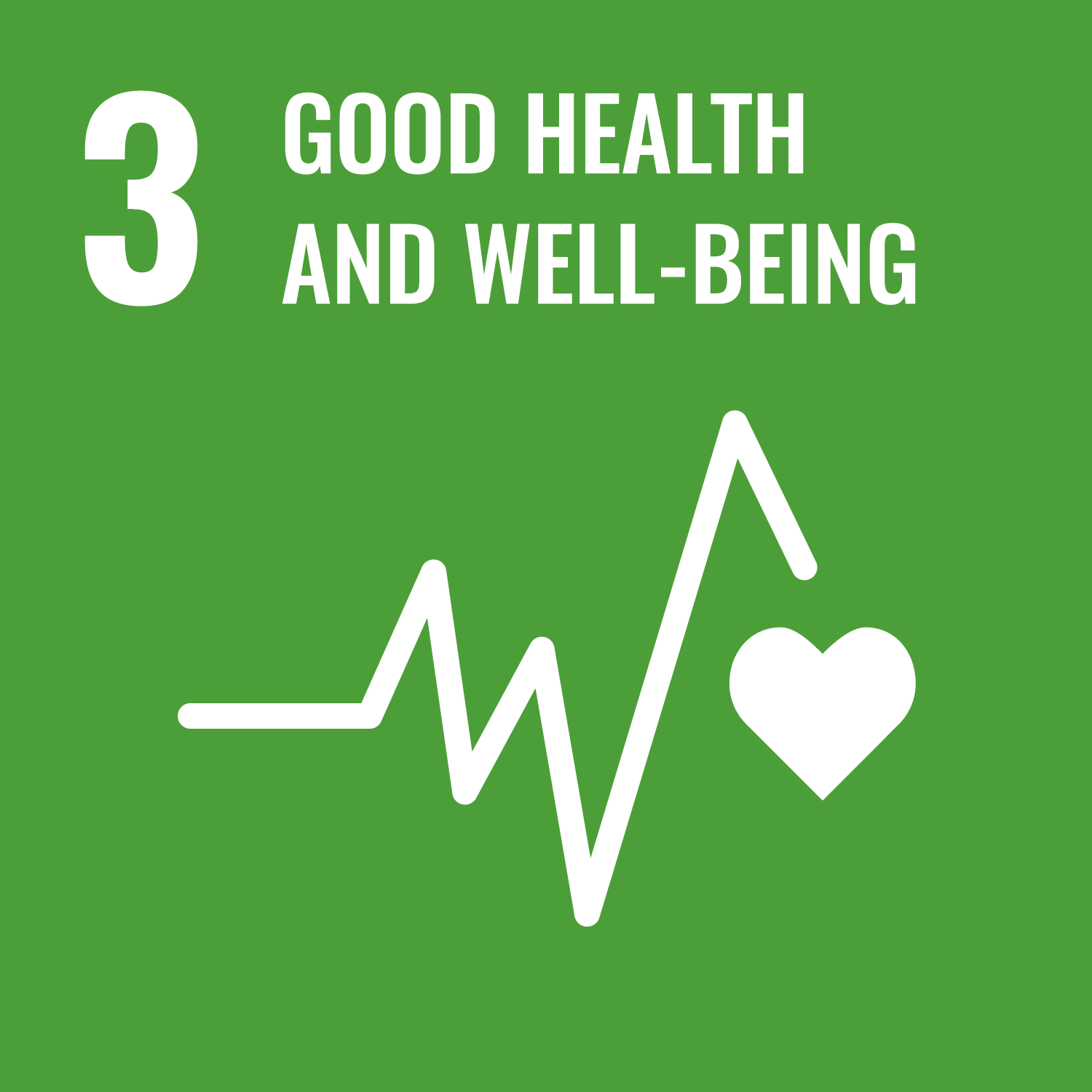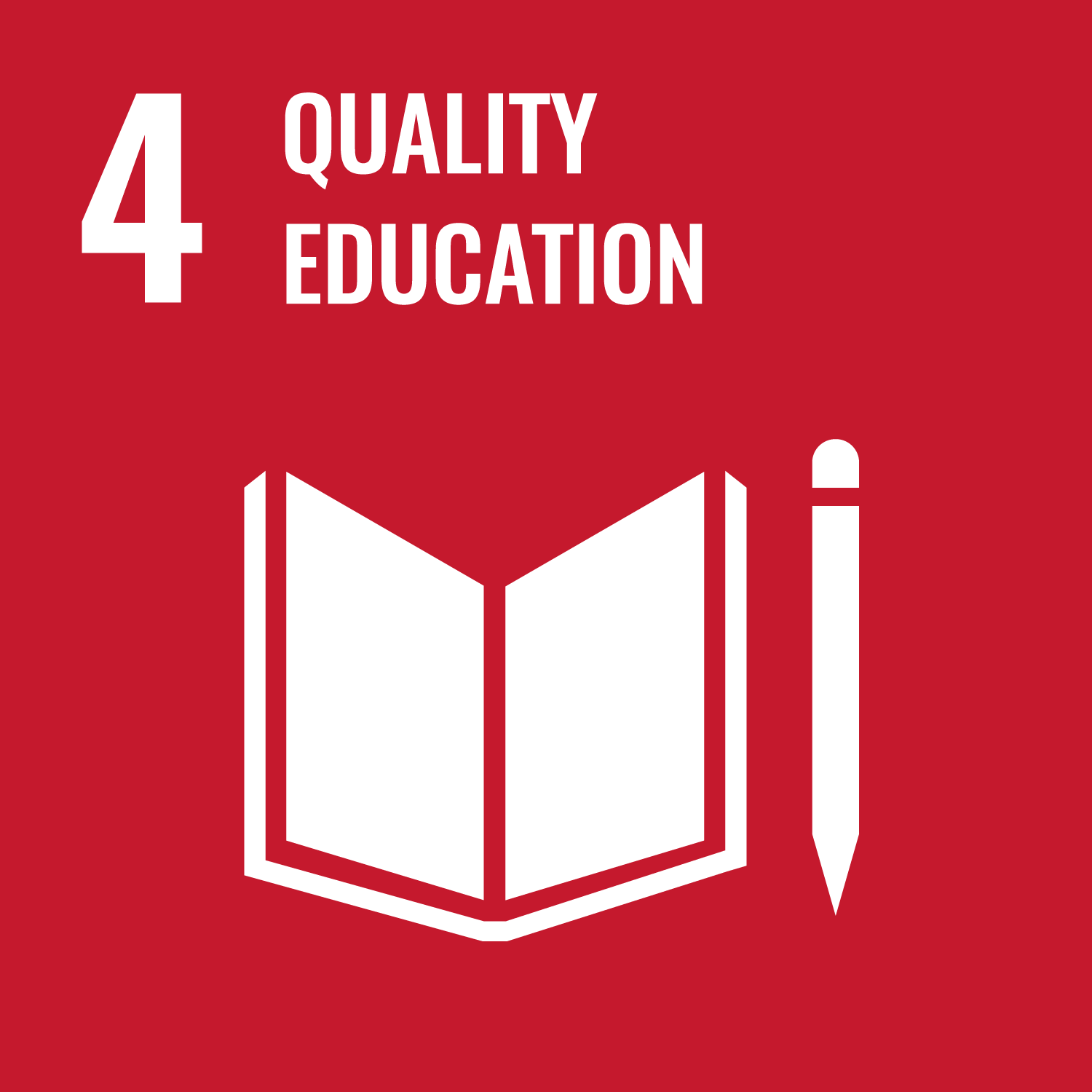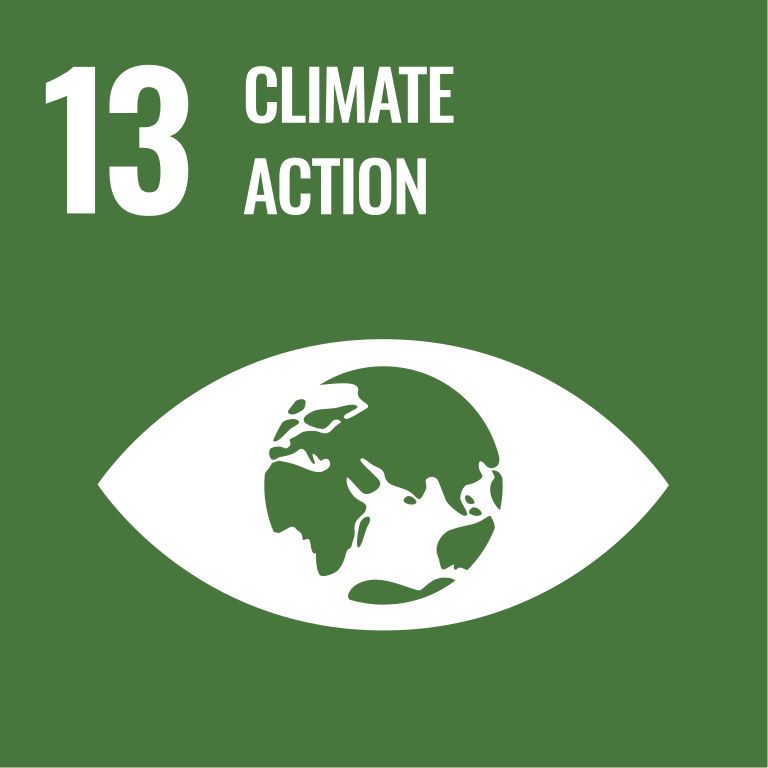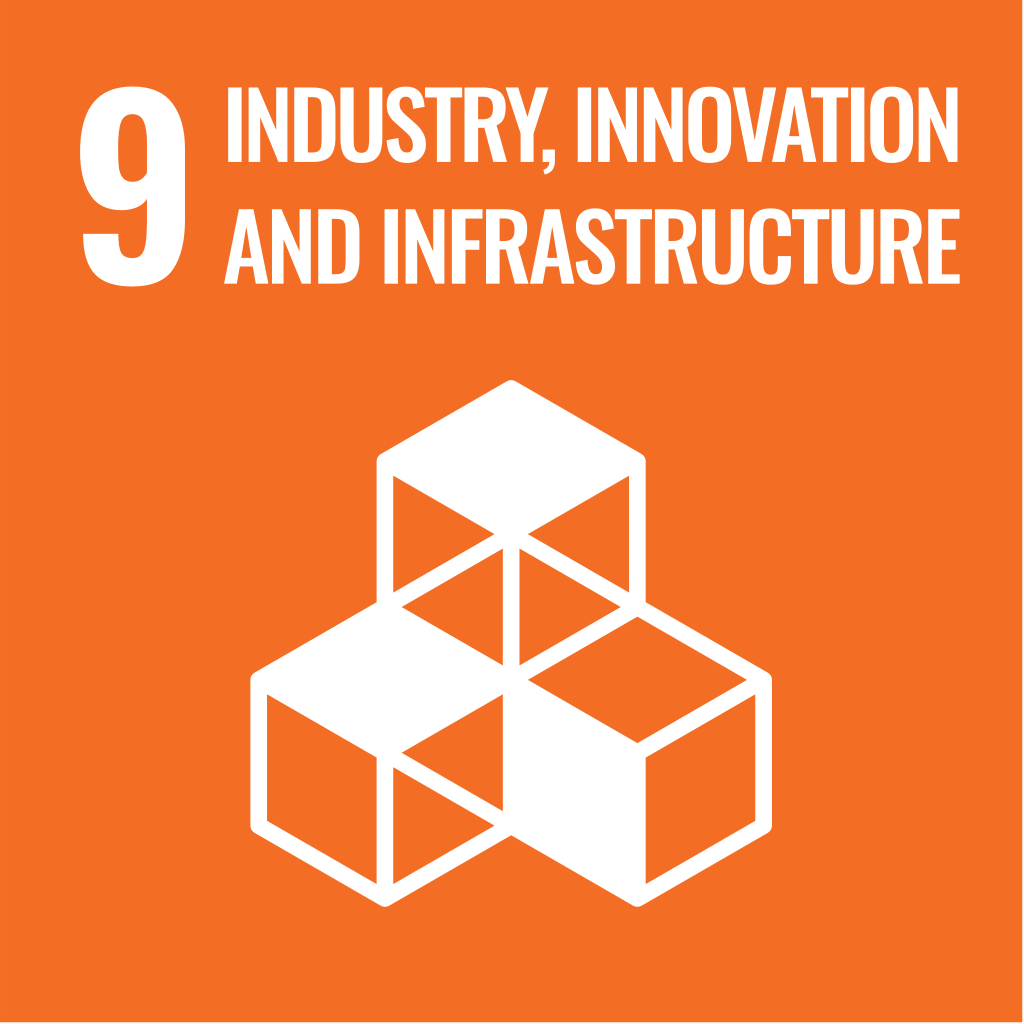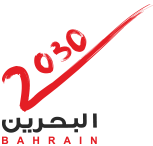Operations and Institutional Arrangement
SDG 13: Focus Areas
13.4.2 Achieve-by date
The University of Bahrain has set an achieve-by date for carbon neutrality aligned with Bahrain’s National Energy Strategy and Greenhouse Gas Protocol: net-zero emissions by 2060. UOB’s Climate Action Plan and Environmental Sustainability Policy embed this target into institutional governance, operations, and curricula. Key initiatives include a 46.2 MW solar power project, expected to generate 70 GWh annually and reduce emissions by 35,000 tons CO₂, meeting ~33% of campus electricity demand by Q3 2026. Additional measures include energy-efficient retrofits, LED lighting, and smart systems. These efforts demonstrate UOB’s commitment to achieving carbon neutrality by 2060 and advancing SDG 13.4.2 through clear timelines and strategic actions.
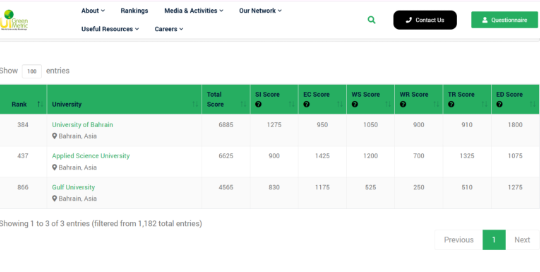
University of Bahrain Recognized for Leadership in Sustainability
The University of Bahrain (UoB) ranked first in the Kingdom of Bahrain in the UI GreenMetric World University Ranking 2023, and 25th globally in the Education and Research category. (Source: UI GreenMetric Rankings 2023 – Bahrain) , reflecting its strong performance in sustainability education, research, and campus operations. This achievement supports SDG 13 targets 13.1 (strengthen resilience and adaptive capacity to climate-related hazards) and 13.2 (integrate climate measures into policies and planning), as indicated by initiatives in renewable energy, waste and water management, sustainability-focused curricula, and institutional carbon monitoring.
Relevant SDG 13 Targets and Indicators:
- Tracking and reporting systems for energy, carbon emissions, and sustainability performance.
- UOB Contribution: Through GreenMetric reporting, the University of Bahrain provides transparent, data-driven evidence on carbon emissions, water consumption, and sustainable campus operations—supporting climate accountability and institutional planning.
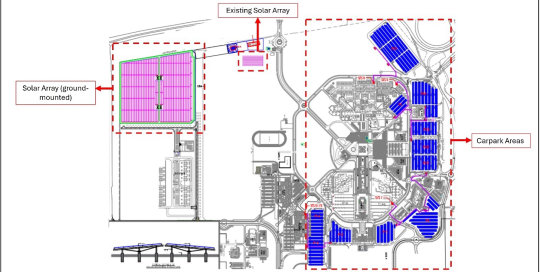
Solar Power Plant Project (46.2 MW)
University of Bahrain – Strategic Partnership with the Electricity & Water Authority (EWA)
Overview:
The University of Bahrain, in collaboration with the Electricity & Water Authority (EWA), is implementing a large-scale 46.2 MWp solar power plant on its Sakhir Campus. The project will generate approximately 70 GWh of clean energy annually, meeting nearly one-third of the university’s electricity demand through renewable sources.
Impact and Contribution:
This initiative is expected to reduce the University’s carbon footprint by 35,000 tons of CO₂ annually, marking one of the largest renewable energy projects within the higher education sector in the Kingdom of Bahrain. The project directly supports Bahrain’s National Renewable Energy Plan and national climate goals of 30% emission reduction by 2035 and net-zero carbon emissions by 2060.
Alignment with SDG 13:
The project contributes to:
- Target 13.1: Strengthen resilience and adaptive capacity to climate-related hazards.
- Target 13.2: Integrate climate change measures into institutional policies and planning.
- Target 13.4: Enhance commitment toward carbon neutrality and sustainable energy transition.
Outcome Indicators:
- On-campus renewable energy generation: 70 GWh/year
- Carbon emission reduction: 35,000 tons CO₂/year
- Renewable contribution to campus energy use: ~33%
Evidence and Reference:
- Official partnership with Electricity & Water Authority (EWA)
- Supports Bahrain’s Net-Zero by 2060 commitment
- Project completion expected Q3 2026
Relevant SDG 13 Targets and Indicators:

On-Campus Renewable Energy and Smart Efficiency Initiatives
Overview:
The University of Bahrain (UoB) has been operating an on-campus solar PV farm since 2012, featuring 2,088 polycrystalline panels with a total area of 3,400 m². Each panel is equipped with a micro-inverter for efficient DC–AC conversion and individual performance monitoring. In 2024, the PV system generated 435,150 kWh, accounting for 0.92% of total campus electricity consumption (47,047,107 kWh).
Energy Efficiency and Green Facilities:
Aligned with the University’s energy management plan, UoB has adopted low-energy technologies and smart systems across campus facilities.
- Green building upgrades: 53 out of 266 campus toilets have been renovated with infrared taps and dual-flush systems (Phase 1), with full completion planned by 2027.
- LED lighting replacement: Conventional fluorescent lamps and all street lighting columns have been upgraded to LED systems.
- Efficient equipment: Deployment of Energy Star computers, energy-efficient water heaters, and 6-star rated split A/C units enhances energy performance and emission reduction.
Impact and SDG Alignment:
These initiatives demonstrate UoB’s commitment to SDG 13 targets:
- 13.1: Strengthen resilience and adaptive capacity to climate-related hazards.
- 13.2: Integrate climate measures into institutional policies and planning.
Key Indicators:
- Renewable energy generated (2024): 435,150 kWh
- Share of renewables in total energy use: 0.92%
- Annual carbon emissions reduction through energy efficiency measures
- Progressive retrofitting toward smart, sustainable campus infrastructure
Evidence:
- UoB PV Farm operational data (2024)
- Campus energy management and green building renovation plans
Relevant SDG 13 Targets and Indicators:
